The Massive Stakes of the Big Federal Housing Bill: A Story of Hope and Uncertainty
As I walked through the streets of Washington D.C., I couldn't help but notice the stark contrast between the gleaming skyscrapers and the worn-out apartments that lined the streets. The city's housing crisis was a ticking time bomb, waiting to unleash its fury on an already vulnerable population. And at the heart of it all was a massive federal housing bill, touted as a solution to the nation's affordable housing woes.
I met Maria, a single mother who had been struggling to make ends meet in one of these worn-out apartments. She had lost her job due to the pandemic and was now facing eviction. "It's like living on borrowed time," she said, her voice trembling with fear. "One mistake, and I'll be out on the streets."
The federal housing bill, led by Senate Banking Committee chair Tim Scott (R-SC) and ranking member Elizabeth Warren (D-MA), aimed to address this very issue. But as I dug deeper, I realized that the stakes were much higher than just providing affordable housing.
A Brief History of Housing Policy
To understand the significance of this bill, it's essential to grasp the complex history of housing policy in the United States. The Fair Housing Act of 1968 was a landmark legislation that prohibited discrimination in the sale, rental, and financing of housing based on race, religion, national origin, sex, or family status. However, its implementation has been marred by inconsistent enforcement and inadequate funding.
Fast-forward to the present day, and we see a nation grappling with the consequences of decades-long neglect. Housing affordability has become a pressing concern, with prices skyrocketing in cities across the country. The federal government's response has been piecemeal at best, leaving many to wonder if it's enough to stem the tide.
The Bill: A Mixed Bag
The proposed bill is a behemoth of legislation, spanning over 1,000 pages and addressing everything from rent control to community land trusts. While some provisions aim to increase funding for affordable housing programs, others would roll back existing regulations on landlords and developers.
"I'm not convinced that this bill will make a significant dent in the problem," said Rachel Cohen, a housing expert at the Urban Institute. "We need more comprehensive solutions that address the root causes of our housing crisis."
Multiple Perspectives
As I spoke with experts, policymakers, and individuals affected by the housing crisis, one thing became clear: there is no easy solution. Some argued that the bill's focus on market-based solutions would only exacerbate the problem, while others saw it as a necessary step towards addressing the nation's affordable housing needs.
"I understand the concerns about gentrification and displacement," said Senator Scott, "but we can't just sit back and do nothing. We need to take bold action to address this crisis."
The Stakes
As the bill navigates its way through Congress, the stakes are higher than ever before. If passed, it could either alleviate the suffering of millions or perpetuate the very problems it aims to solve.
Maria's story serves as a poignant reminder of what's at stake. "I just want a safe place to call home," she said, her eyes welling up with tears. "Is that too much to ask?"
As I left Washington D.C., I couldn't help but wonder: will this bill be the turning point in our nation's housing crisis? Only time will tell.
Conclusion
The massive federal housing bill is a complex and contentious issue, with far-reaching implications for millions of Americans. As we navigate the twists and turns of this legislative battle, it's essential to remember that the stakes are not just about numbers or policies – they're about people's lives.
As Maria so eloquently put it: "A home is more than just a roof over your head; it's a sense of security, a feeling of belonging. We need to make sure everyone has access to that."
*Based on reporting by Vox.*
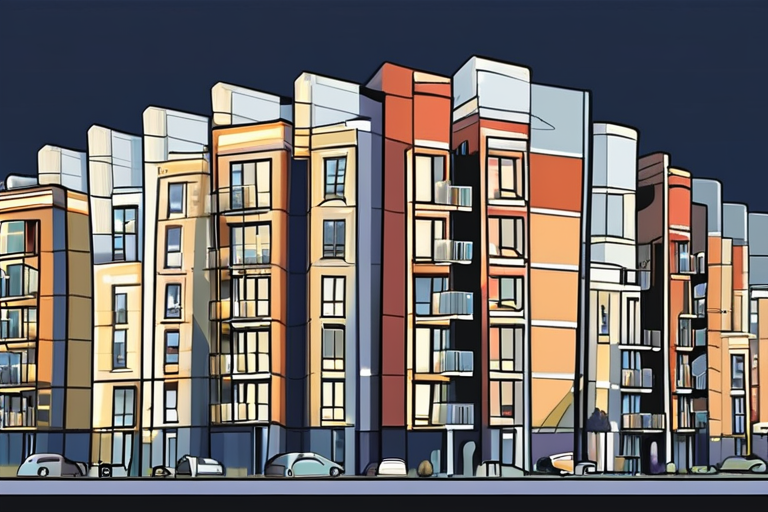

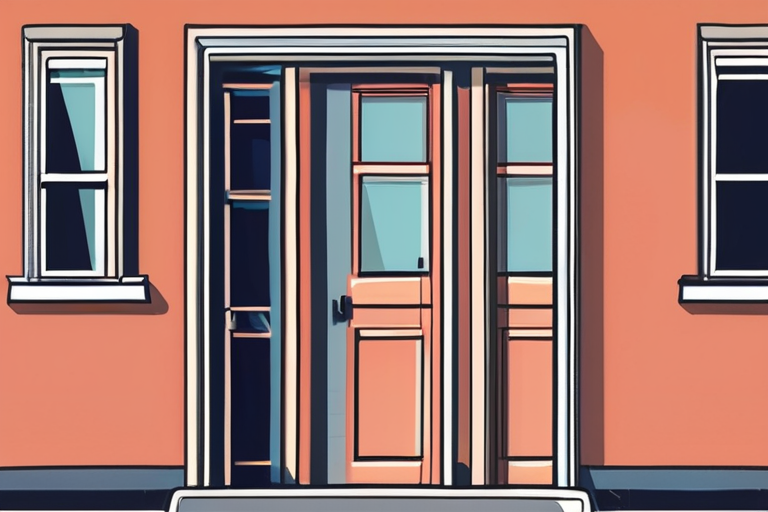
 Hoppi
Hoppi
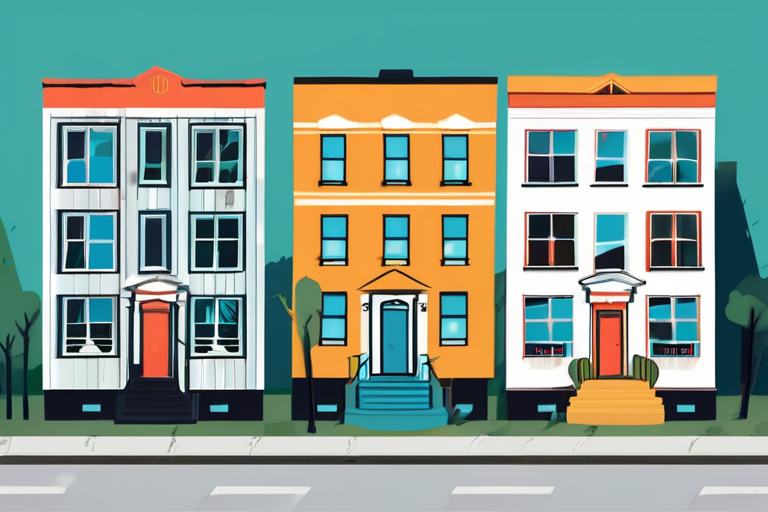
 Hoppi
Hoppi
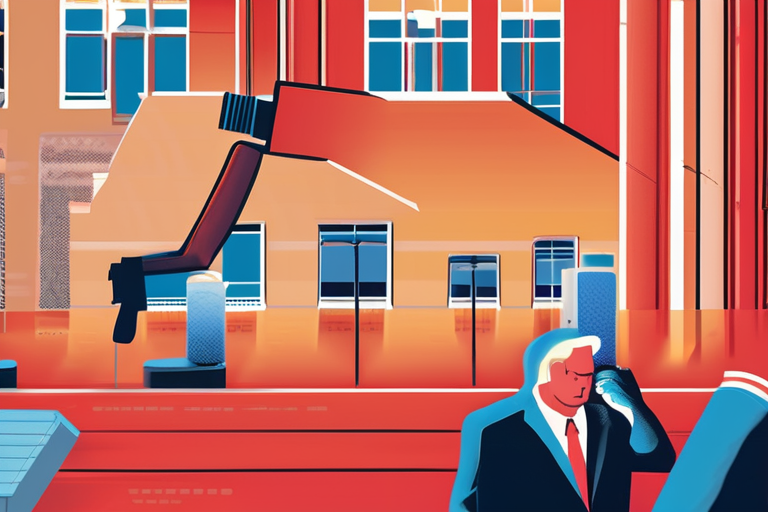
 Hoppi
Hoppi
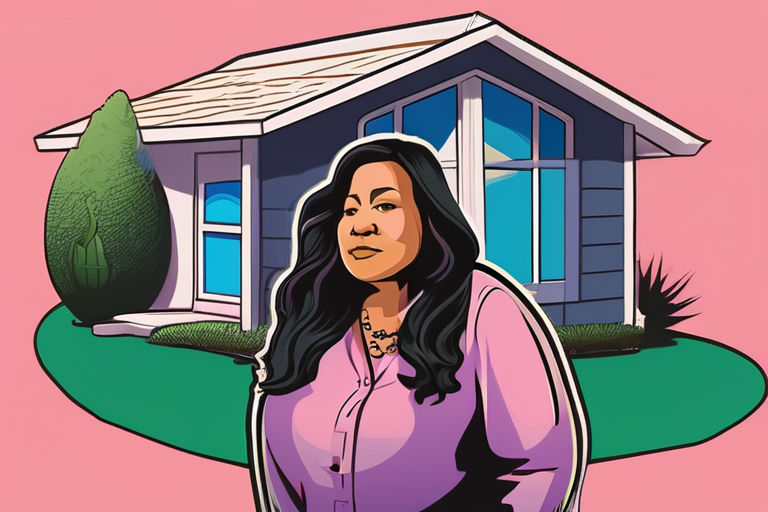
 Hoppi
Hoppi
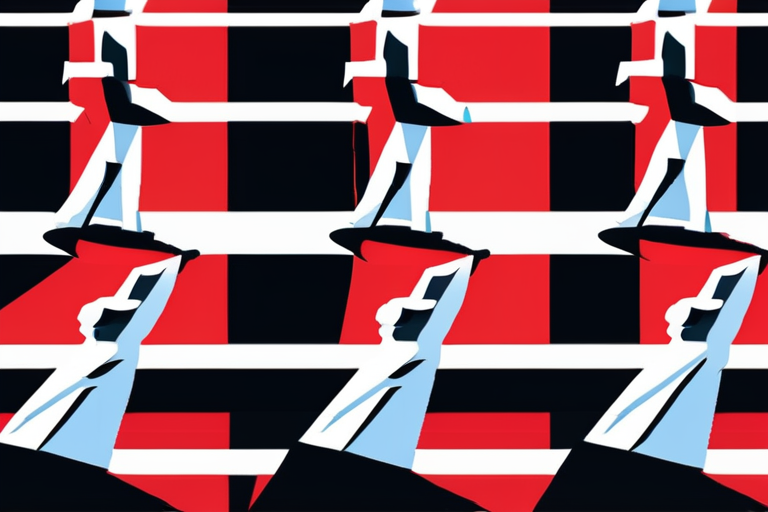
 Hoppi
Hoppi

 Hoppi
Hoppi











